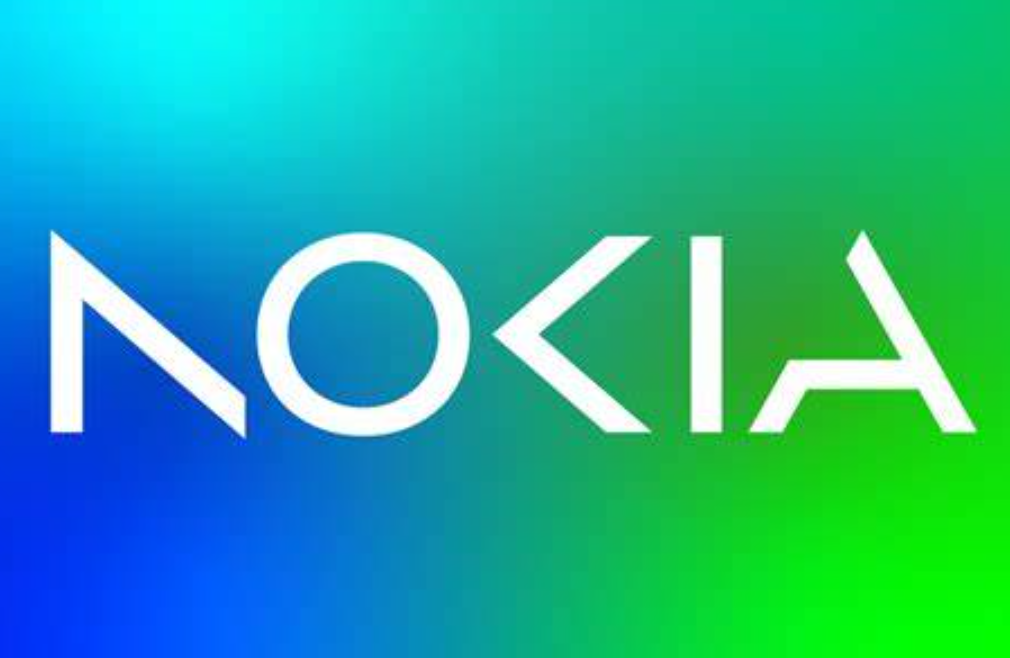Nokia & Quantum-Safe Encryption: A Critical Step for Utility Security in the Digital Age

Insider Brief
- Companies are facing increasing pressure to protect their utility networks from sophisticated cyber-attacks, and Nokia’s CTO Energy, Mauricio Subieta, emphasizes the importance of automated security and quantum-safe encryption to secure energy infrastructure.
- Subieta highlights the need for quantum-safe networks to defend against future quantum computing threats, as attackers are already collecting encrypted data for future decryption.
- Nokia’s approach involves a comprehensive, multi-layered security system that integrates quantum-safe encryption and automation, building on utilities’ existing digital infrastructure to ensure long-term protection.
Companies are under increasing pressure to protect their utilities from cyber-attacks, as well as against future ones, since cyber threats are growing in sophistication. Recently, Mauricio Subieta, CTO Energy at Nokia, explained how automation and quantum-safe encryption are the crucial technologies for securing energy’s digital infrastructure.
Subieta underscored the importance of automated security measures in today’s threat landscape.
“Detecting, investigating and acting upon a threat is much safer if it’s done by a computer rather than human because of human error,” he explained. This not only reduces the risk of oversight but also addresses the sheer volume of threats that make manual monitoring unfeasible.
A key focus of Subieta’s discussion is the looming threat of quantum computing to current encryption methods. He warned that threat actors are already harvesting encrypted data with the intention of decrypting it once quantum computers become more advanced. To counter this, Subieta advocates for the implementation of quantum-safe networks, saying: “We have technologies that we can start deploying now to avoid and to secure the networks.”
The transition to quantum-safe encryption is not a sudden leap but a gradual process that builds on utilities’ existing digital infrastructure.
“Utilities have been deploying IP networks, optical networks, microwave networks for the longest time in order to move and do the digitalization process,” Subieta noted. This experience provides a foundation for implementing more advanced security measures.
Nokia’s approach to utility network security is comprehensive, covering multiple layers of protection.
Subieta explained that their portfolio covers everything from layer one to the applications layer, allowing them to support not only quantum-safe encryption but also symmetric keys, along with various multi-layer defense and defense-in-depth concepts and deployments.
Companies will have to install quantum-safe encryption and automated security in this new modernization phase as the networks continue becoming more advanced. This means energy companies should ensure that these networks are kept secure when there is further advancement in technology, such as quantum computing.
